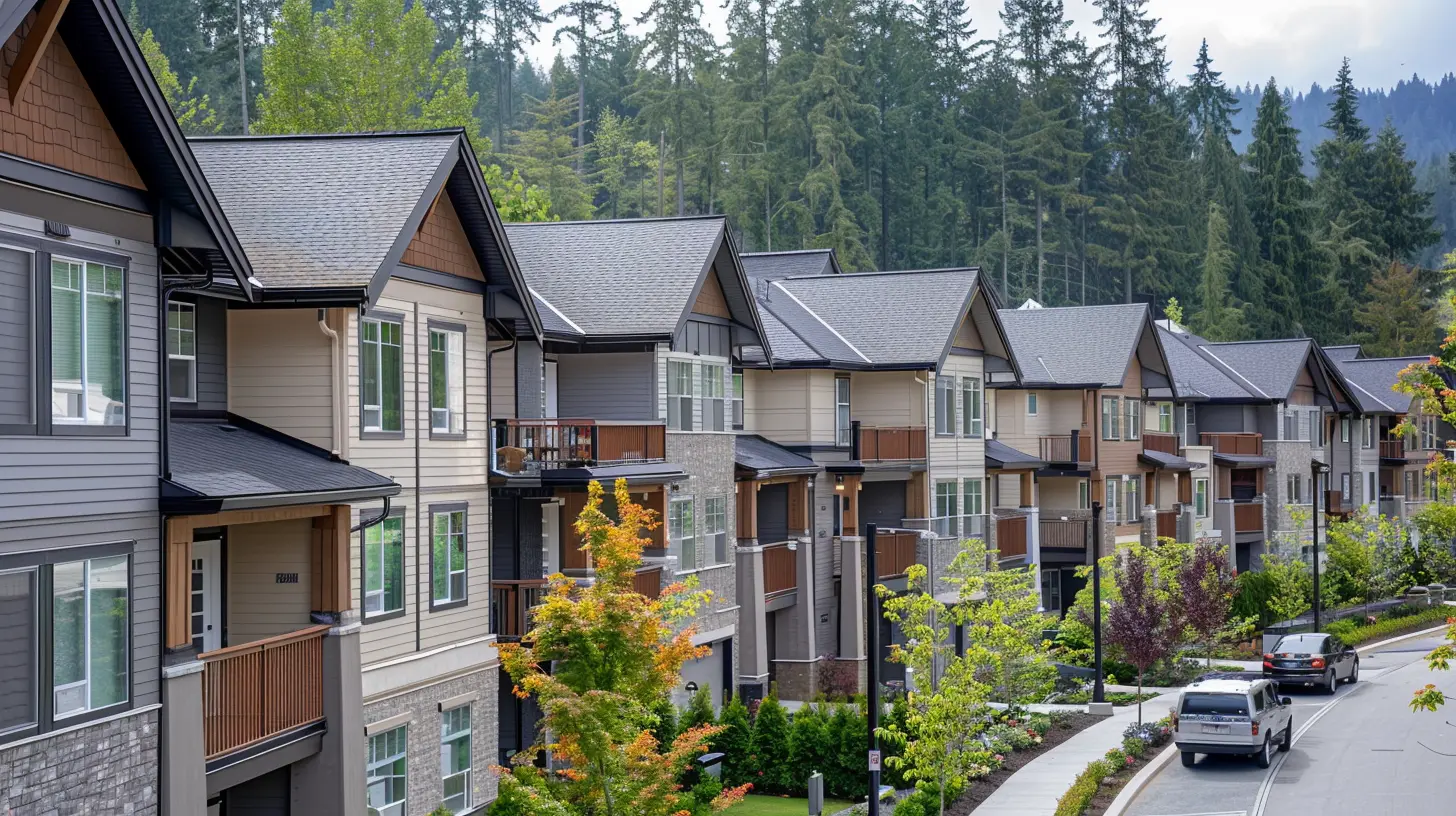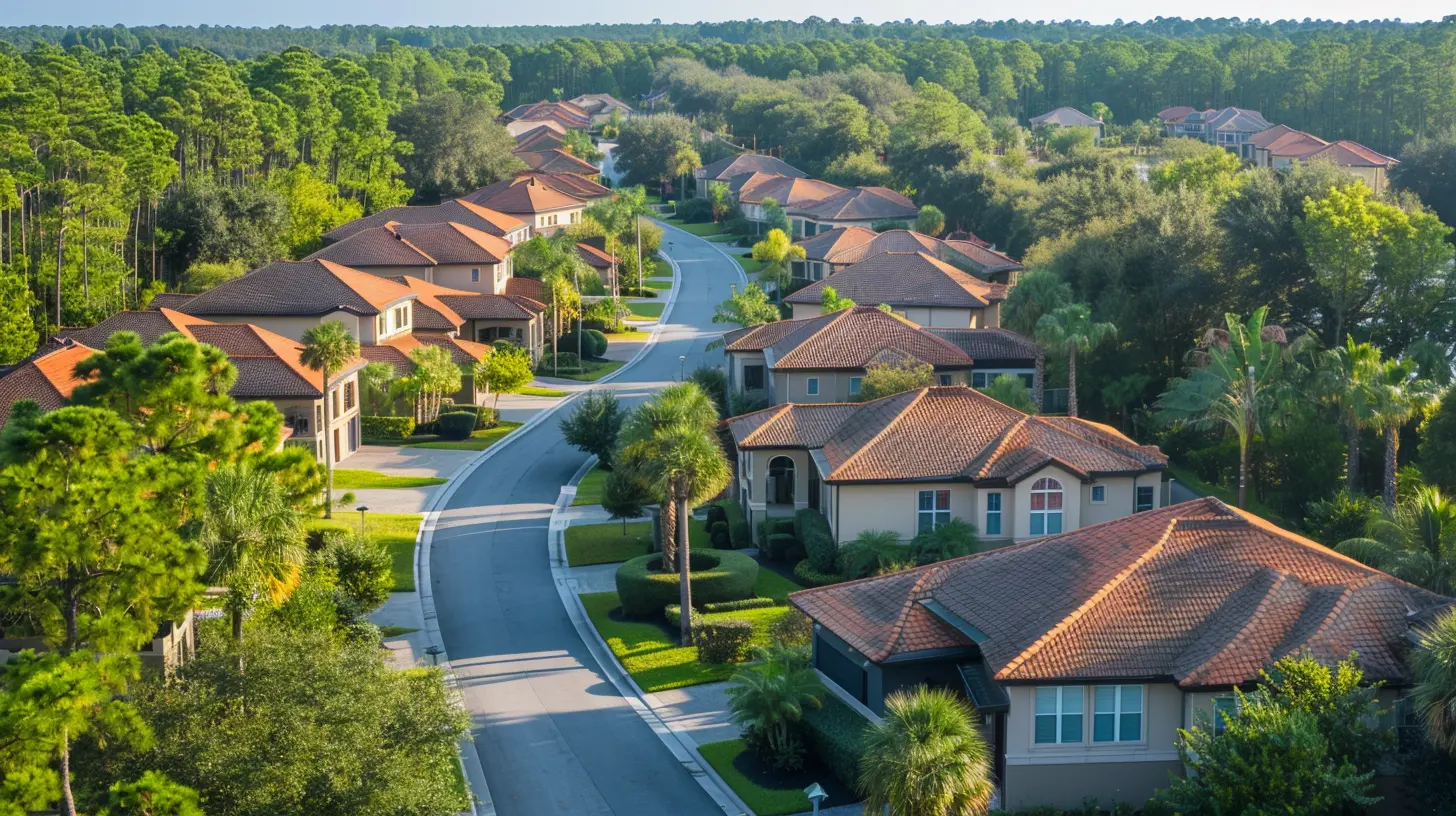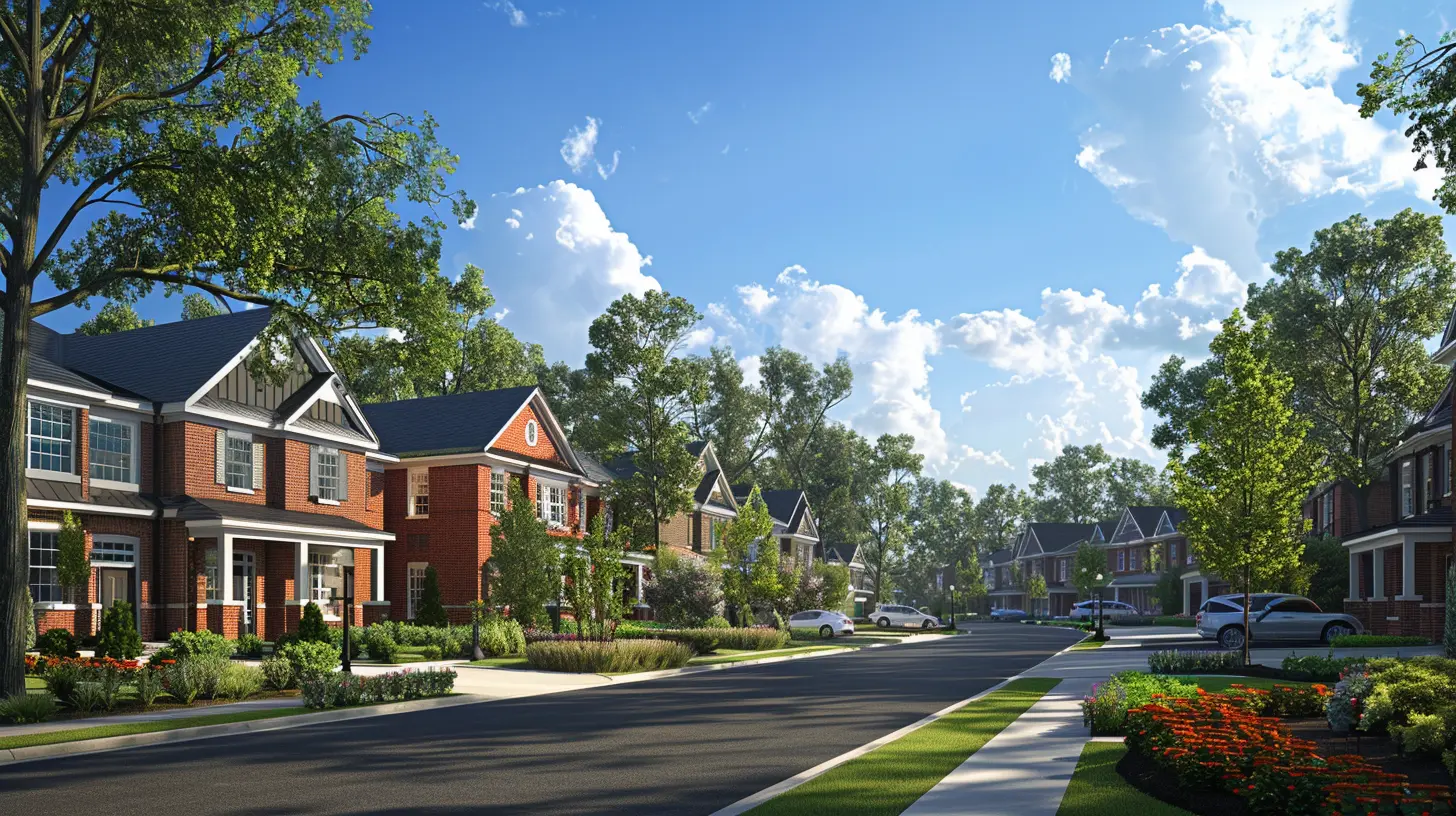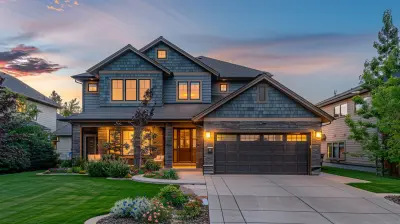22 December 2024
Deciding where to live as we age is one of the most significant choices in life. It’s not just about downsizing or finding a place to retire; it’s about creating a lifestyle that aligns with your needs, aspirations, and future. That's where senior living communities come into play. But how do you know if it's the right choice for you or your loved one? Let’s dig into it, shall we? 
What is a Senior Living Community?
Before diving into whether it’s the right choice, let’s first get clear on what a senior living community actually is.A senior living community is designed specifically for older adults, offering housing options that range from independent living to assisted living and specialized memory care. These communities provide more than just a roof over your head—they foster a lifestyle that focuses on comfort, convenience, safety, and social engagement.
Think of it as a neighborhood tailored to your stage of life, with everything from on-site dining and fitness programs to medical support and organized activities. It’s like having the amenities of a resort or college campus, but designed for retirees and seniors. 
Signs It Might Be the Right Fit
1. You’re Tired of Home Maintenance
Let’s be real—taking care of a home can be exhausting, especially as you get older. The constant cycle of mowing lawns, fixing leaky faucets, shoveling snow, and keeping up with cleaning can feel like a full-time job.Senior living communities take that weight off your shoulders. No more climbing ladders to clean gutters or worrying about costly home repairs. Your only responsibility? Enjoying your time.
2. You Want Built-In Social Opportunities
Loneliness is more common than we like to admit, particularly as we age. Maybe friends and family live far away, or it’s just getting harder to meet new people. Whatever the case, feeling isolated isn’t good for your mental or physical health.Senior living communities are social hubs. From group activities and fitness classes to casual chats over coffee with neighbors, you’ll never lack opportunities to socialize. It’s like living in a neighborhood where everyone’s around your age—and actually wants to hang out.
3. Your Health Needs Are Increasing
If you’re managing chronic health conditions or starting to need help with daily tasks, a senior living community can provide the support you need. Many communities offer various levels of care—from fully independent living to 24/7 nursing assistance.For instance, if you’re living independently now but think you might need assisted living down the road, some communities allow you to transition seamlessly. It’s all about tailoring the experience to your needs.
4. You’re Ready for More Fun and Less Stress
Let’s face it: retirement should be the time to enjoy life, not stress about things like cooking every meal or cleaning the house. Senior living communities allow you to focus on the good stuff, whether that’s picking up a new hobby, taking a class, or just relaxing poolside.Imagine waking up and having a chef-prepared meal waiting for you, followed by a yoga class, an art workshop, or just a good book by the fireplace. Sounds pretty good, right? 
Types of Senior Living Communities
Not all senior living communities are created equal. Depending on your needs and preferences, you have options.1. Independent Living
This option is perfect for seniors who are active, independent, and don’t require daily assistance. It’s more of a lifestyle upgrade than anything else. You’ll typically have your own apartment or home within a community filled with amenities like gyms, pools, dining halls, and activity centers.Think of it as moving into a place where everything is designed to make your life easier and more enjoyable.
2. Assisted Living
Assisted living is ideal if you need a little extra help with daily tasks like bathing, dressing, or medication management. You’ll still have a high level of independence, but with the added peace of mind that help is available if you need it.It’s a great middle ground for people who want support without losing their sense of autonomy.
3. Memory Care
This specialized type of care caters to seniors dealing with Alzheimer’s or other forms of dementia. Memory care facilities have trained staff, secure environments, and structured routines to ensure safety and improve quality of life.If you or a loved one need focused attention due to memory challenges, this is an excellent option. 
Weighing the Pros and Cons
Every major decision comes with pros and cons, and moving to a senior living community is no different.Pros:
- No more home maintenance or chores- Access to a built-in social network
- On-site amenities like gyms, dining, and medical care
- Tailored levels of care and support
Cons:
- Costs can add up (though it often balances out compared to maintaining a home)- Adjusting to a new environment can take time
- Limited privacy in some settings (depending on the community)
Ultimately, the decision boils down to what you value most in your lifestyle and what kind of environment will best serve you as you age.
How to Choose the Right Senior Living Community
If you’ve decided a senior living community might be a good fit, the next step is finding the right one. Here’s how to approach it:1. Assess Your Needs
Are you looking for just independent living, or do you foresee needing more assistance in the near future? Understanding your current and potential future needs will help narrow your choices.2. Set a Budget
Senior living communities come in a wide range of price points, so it’s essential to know what you’re comfortable spending. Don’t forget to factor in what you’re saving by not owning or maintaining a home.3. Visit Multiple Communities
Photos and brochures only tell part of the story. Go visit, take a tour, talk to residents, and get a feel for the atmosphere. Do you feel welcome? Are the staff friendly? These little details matter.4. Ask Questions
Don’t be afraid to ask about everything: meal plans, medical care options, activities, and even how emergencies are handled. The more you know, the better decision you can make.Final Thoughts
Moving to a senior living community is a big change, but it can also be a hugely positive one. It’s about trading the stress and isolation of staying in a home that may no longer fit your life for the chance to thrive in a supportive, engaging environment.Ask yourself: What do I want my daily life to look like? If the answer includes more fun, fewer responsibilities, and a sense of belonging, a senior living community could very well be the perfect choice.












Yazmin Gibson
Considering a senior living community? It's like upgrading from a cozy apartment to an all-inclusive resort—only with fewer pool parties and more bingo. Don’t worry, the happy hour still exists!
April 1, 2025 at 12:41 PM